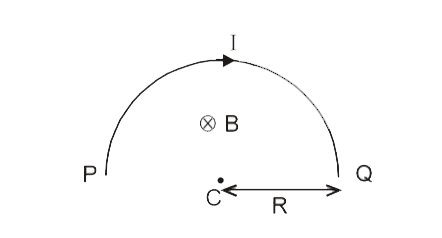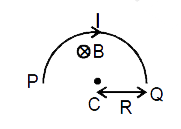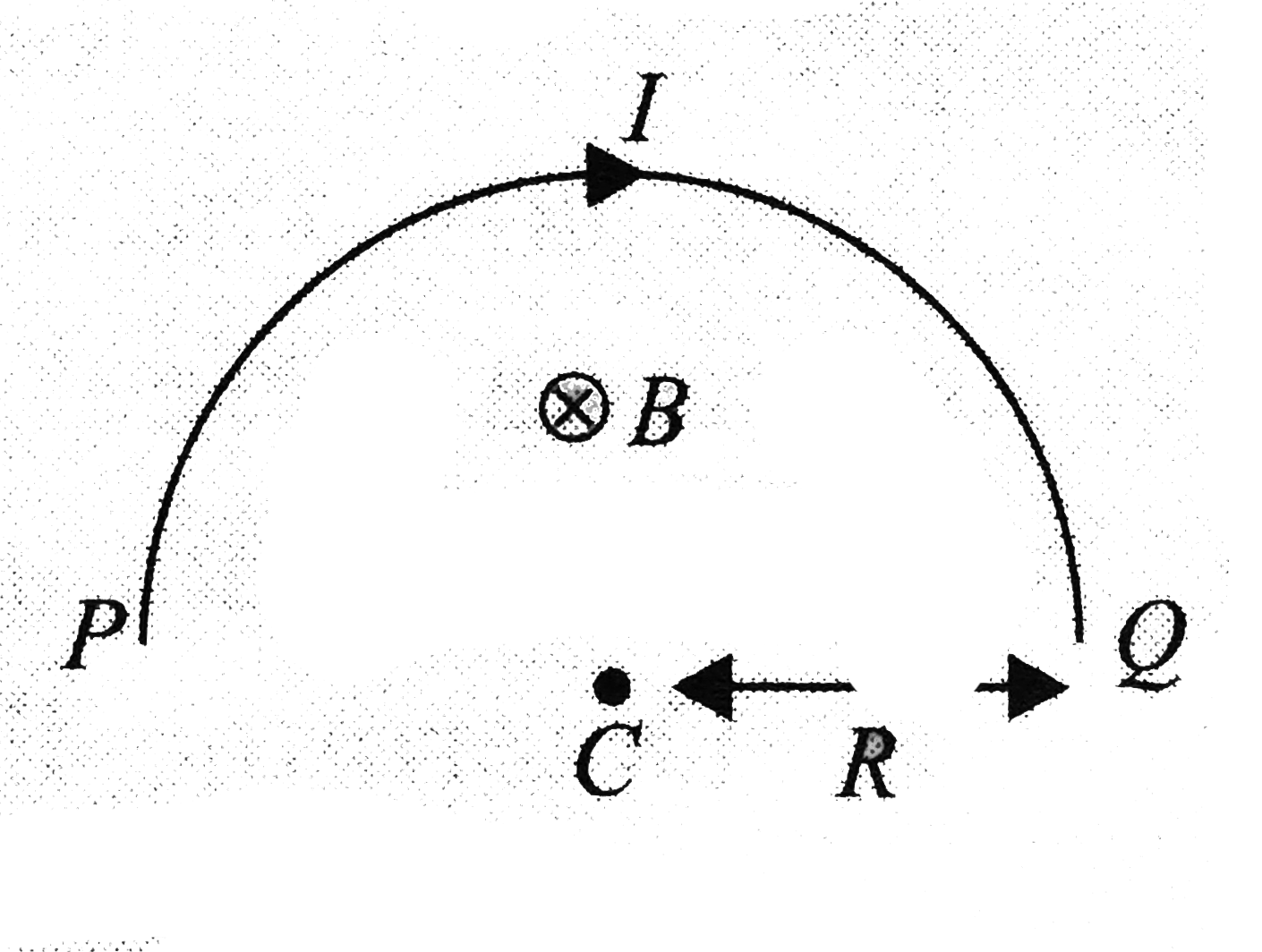If several forces act on a particle, the total torque on the particle mauy be obtained by first finding the resultant force and then taking torque of this resultant. Prove this. Is this result valid for the forces actin on difeent partivles of a body in such a way that their lines of acting intersect at a common point?
Step by step video & image solution for If several forces act on a particle, the total torque on the particle mauy be obtained by first finding the resultant force and then taking torque of this resultant. Prove this. Is this result valid for the forces actin on difeent partivles of a body in such a way that their lines of acting intersect at a common point? by Physics experts to help you in doubts & scoring excellent marks in Class 11 exams.
Topper's Solved these Questions
- BOOK - HC VERMACHAPTER - ROTATIONAL MECHANICSEXERCISE - Objective 126videos
ROTATIONAL MECHANICS
- BOOK - HC VERMACHAPTER - ROTATIONAL MECHANICSEXERCISE - Objective 215videos
ROTATIONAL MECHANICS
- BOOK - HC VERMACHAPTER - ROTATIONAL MECHANICSEXERCISE - Worked Out Examples29videos
ROTATIONAL MECHANICS
- BOOK - HC VERMACHAPTER - REST AND MOTION : KINEMATICSEXERCISE - Exercises51videos
REST AND MOTION : KINEMATICS
- BOOK - HC VERMACHAPTER - SIMPLE HARMONIC MOTIONEXERCISE - Exercises58videos
SIMPLE HARMONIC MOTION
Similar Questions
Knowledge Check
- Question 1 - Select One
If is the force acting on a particle having position vector and be the torque of this force about the origin, then-
A→r.→τ and →F.→τ≠0B→r.→τ and →F.→τ=0C→r.→τ>0 and →F.→τ<0D→r.→τ=0 and →F.→τ=0 - Question 2 - Select One
If two equal forces act on the body in opposite direction, then the resultant force on the body will be
AmoreBlessCzeroDnone of these - Question 3 - Select One
A body is said to be under balanced forces when the resultant force acting on the body is ______.
ApositiveBzeroCnegativeDNone of these
In the figure shown find the resultant magnetic force and torque about 'C' and 'P'.
 View Solution
View SolutionIn the figure shown find the resultant magnetic force and torque about ‘C’, and ‘P’.
 View Solution
View SolutionIf the resultant torque of all the forces acting on a body is zero about a point is it necessary that it will be zero about any other point?
View SolutionWhen the resultant of forces acting on a body is not Zero, what are they called?
View SolutionIf →F is the force acting in a particle having position vector →r and →τ be the torque of this force about the origin, then
View Solution


